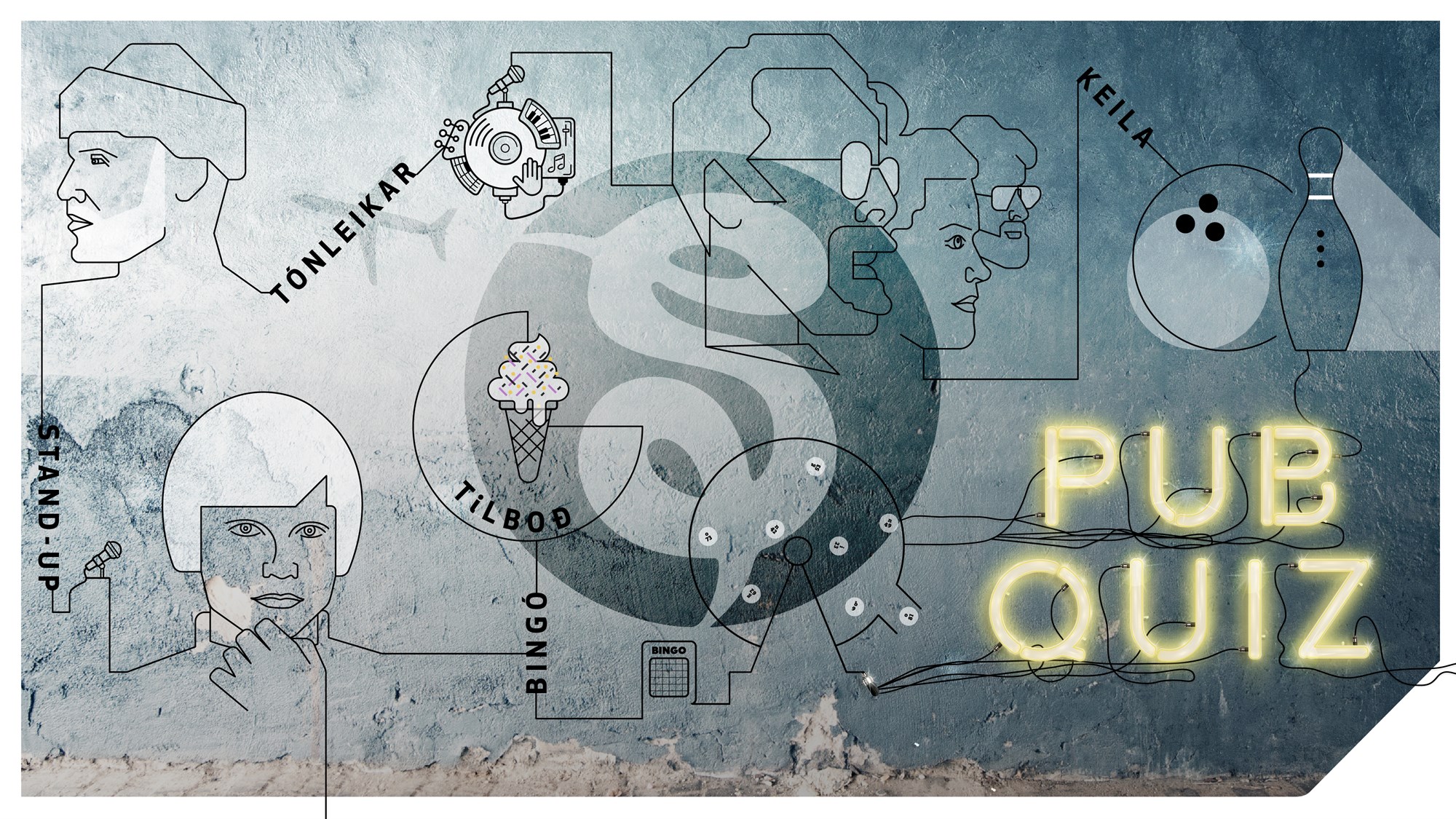Isavia endeavours to be a popular and progressive workplace. The main aim of Isavia’s human resources policy is to promote general job satisfaction, good morale and exceptional service. Isavia’s values – service, co-operation and safety – are reflected in the focus areas which form the foundation of Isavia’s human resources operations. Isavia and its subsidiaries employ a diverse group of employees at various workplaces across the country. At the end of 2020, Isavia employed 968 people, 35% of whom were women and 64% men. The average age of employees is 44 years, and the average length of service is 10 years.
In 2020, considerable changes were made to the operations of Isavia and its subsidiaries. The Covid-19 pandemic has brought about a targeted response and required new ways of keeping operations going. Isavia Emergency and Crisis Coordination has been running throughout the pandemic, working on ways to ensure operational safety at airports and employee welfare via infection prevention measures and constant information provision. Stringent infection prevention requirements have been laid down, and the infection prevention rules set by the public authorities have been followed. Employees were required to wear facemasks in passenger areas and whenever near passengers, and physical distancing rules were laid down. Shift groups were separated to ensure physical distancing and limit contact between them.
Employee numbers fell significantly owing to the sharp decrease in passenger numbers over the year. This decrease mainly affected front-line employees whose work directly depends on passenger numbers. Isavia was very keen to look after its employees and protect jobs as far as possible, with the ultimate goal of being ready for when activity and passenger numbers increased again.
Management faced new challenges linked to managing employees working at home, finding ways to keep projects going and motivating their employees in changeable and demanding circumstances. The need for teleworking was addressed by the introduction of Teams, in order to support office employees and enable them to continue their work unhindered away from their workplace. Employees were offered an online course on the main functions and actions available in Teams. Office employees spent most of the year working at home. Workplace was introduced last year to support operations and to better connect employees in these new circumstances.


 Staffið - the employee association
Staffið - the employee association
